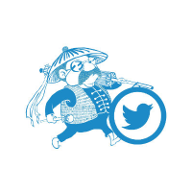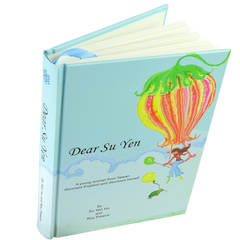









19 September 2017 by Taylor Brooker

Something I found really interesting about ‘Dear Su Yen’ was how it showed cultural differences. For example, there was a conversation between Su Yen and her English friend where they discussed the differences between traditional English and traditional Taiwanese funerals, something I’d never really thought about before. It made me more aware of our own traditions in England that I’d never questioned, and Su Yen summed this up at one point when asking someone about the meaning of a ‘common’, and she said ‘What a strange place England is when you start to ask questions’. It’s fascinating to read about your home country from someone else’s point of view!
I really enjoyed how Su Yen appreciated England, especially the old buildings and countryside. Her descriptions of England and Taiwan are very different, but I think if a foreigner were to go to Taiwan, they would see beauty in things that native people maybe do not, just like how I don’t always appreciate England’s old buildings in the same way that Su Yen does. It seems a shame that we don’t always appreciate where we live, and want to knock old buildings with history down to make room for new, modern ones, just because they make the money. Su Yen said ‘I will be so proud of my culture if we have so many historic buildings to show the world one day, because it also tells where our root is for ourselves’, which I agree with. It’s great to go to a different country and see traditional buildings as they are so different from our own.
One running theme throughout the book is Su Yen’s passion for design and architecture. As a graphic designer, I found it funny when her friend said ‘Su Yen, I wonder if all designers are like you who never think and show ideas in a normal way’, as I think this is definitely something I can relate to!
Overall I really recommend this book to anyone from any walk of life, as it has a lesson for everyone to learn. One thing I really took away from it as a young person is that we should be more open and welcoming to international students, as we don’t know their backgrounds or the paths they had to take to come to England to study. It was Su Yen’s dream to come to Europe, and despite her friends and family’s disapproval, she still pursued it, which now makes me wonder how many of the international students I studied with faced the same struggles, and how much more helpful I could have been if I had read this book before.